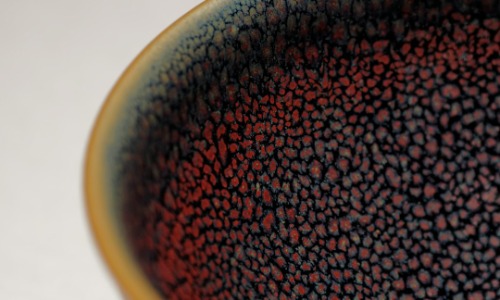Excellence in Visual Expression
This work features exquisitely refined imagery and Japanese dialogue, conveying deep cultural meanings that cannot be fully captured through English subtitles alone. Through the traditional Japanese tea ceremony, it masterfully expresses the complex psychology of two characters.
The Significance of the Tea Room Space
The path to the tea room is carefully depicted in the visuals:
– Stepping stones: A bridge to the sacred world
– Tsukubai (washing basin): A ritual place for cleansing hands and mouth (preparation for a pure heart)
– Nijiriguchi (crawling entrance): An entrance to a space transcending status and gender
This staging is not merely a scene transition but represents a crucial element suggesting the potential for change in their relationship.
Meanings Embedded in the Scroll and Flower
The scroll reading “Willow green, Flower crimson” and the budding camellia express Hiromasa’s deep wishes:
– Longing for spring’s arrival
– Desire to thaw Mariko’s cold heart
– Hope for renewal in their marriage
Layered Meanings in Language
Their conversation carries different depths in Japanese and English:
1. Mariko’s “The plum fragrance, parting from the flower’s vicinity”
– Surface: Singing of spring plum fragrance
– Depth: Allusion to past wounds
2. Hiromasa’s response “My mind is drawn to the distant haze”
– Surface: Thoughts of the haze
– Depth: Yearning for the unreachable Mariko
Psychological Portrayal Through Honorific Language
– Hiromasa: “Would you like some tea?” (familiar expression)
– Mariko: “I shall humbly partake” (highest level honorific expressing distance)
This contrast in language usage skillfully expresses their psychological distance.
Mariko’s Anguish as Akechi’s Daughter
In the tea ceremony’s final moments, Mariko’s deep wounds are revealed:
– The anguish of surviving while her clan perished
– Pride as a samurai’s daughter and living to achieve an honorable end
– Superficial submission and inner resistance toward her husband who doesn’t understand her
Hiromasa believed that by saving Mariko from execution, she would be grateful and love him in return. However, Mariko had been seeking an honorable end befitting a warrior.
The agony visible on Hiromasa’s face expresses his painful realization that he had never truly understood his wife’s heart. Through the Japanese tea ceremony, this work brilliantly portrays the subtleties of human relationships and cultural understanding that earned it an Emmy Award.
